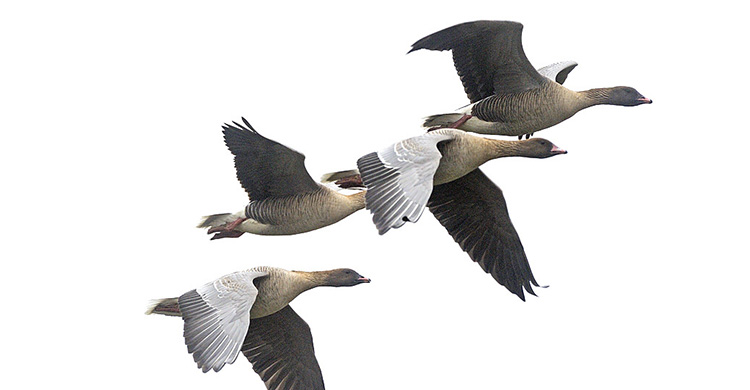The 2019 Annual EGMP Meeting Advances Goose Management in Europe
The 2019 Annual EGMP Meeting Advances Goose Management in Europe
Bonn, 9 July 2019 - The fourth annual meeting of the European Goose Management International Working Group (EGM IWG4) concluded its work in Perth, Scotland, the United Kingdom on Thursday, 20 June 2019. Hosted by Scottish Natural Heritage (SNH), on behalf of the Scottish Government and chaired by Ms Camilla Uldal, from Denmark, the meeting brought together national government representatives, experts and relevant stakeholders. The annual meeting was preceded by a day of face-to-face meetings of the various Task Forces established under the EGM IWG.
The EGM IWG received updates and decided on the next steps in the implementation of the International Single Species Action and Management Plans (ISSAPs and ISSMPs) under the remit of the EGMP.
“Through the EGMP, AEWA is paving the way for a multi-stakeholder innovative and inclusive decision-making process that will reach beyond the species currently covered under the EGMP”.
Jacques Trouvilliez, Executive Secretary, AEWA
Annual monitoring data on the population status of the Svalbard population of the Pink-footed Goose was used to assess the population development and to provide recommendations for an optimal adaptive harvest management (AHM) framework for the upcoming hunting season. In order to provide for sustainable harvest in the Range States of this population, the EGM IWG agreed on a harvest quota for the 2019/2020 hunting season of 22,000 birds (6,600 for Norway and 15,400 for Denmark). More work is planned in the upcoming months to enhance collaboration amongst landowners, hunters and managers.
For the Taiga Bean Goose, which is a declining species, for which there are population recovery objectives, monitoring data were used to assess the population development of four management units (western, central, eastern 1 and eastern 2) and to provide recommendations for an optimal harvest strategy for the upcoming hunting season. In particular, since in the Eastern Management Units (i.e. in Belarus, Germany, Poland, the Russian Federation) datasets are lacking or incomplete, no robust population and harvest estimates could be provided. Hunting for these units remains closed until the populations show recovery trends.
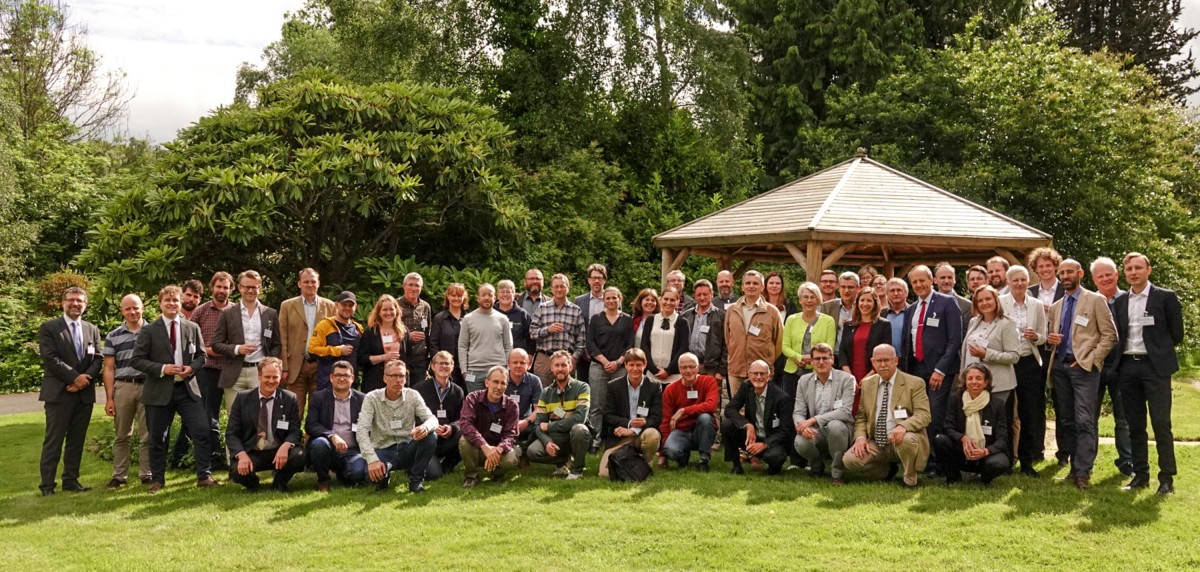
For the Central Management Unit (i.e. Denmark, Finland, Germany, the Netherlands, Sweden), the EGM IWG agreed to continue with the same interim harvest strategy (3 per cent constant harvest rate of adults) for the 2019/2020 hunting season in order to provide limited hunting opportunities while rebuilding the population. More specifically this means that the harvest quota for the 2019/2020 hunting season is 1,740 Taiga Bean Geese. Next year, the EGM IWG will use an optimized model to review the adaptive harvest management strategy for this population.
“It is highly encouraging that we start to see the goals of the work by the EGMP being fulfilled. Hence, the population of Pink-footed Goose has been stabilized thanks to the harvest efforts and organization of hunting in Denmark and Norway and, the Central Management Unit of the Taiga Bean Goose has increased in recent years which can be ascribed to the temporary hunting moratorium in Finland. These are the first examples of international adaptive harvest management at work in Europe”.
Jesper Madsen, Head of the EGMP Data Centre, Aarhus University
Since December 2018 the EGMP has also included two new species – the Barnacle Goose and the Northwest/Southwest European Population of the Greylag Goose. At the meeting in Perth, the EGM IWG discussed and agreed on options for the next steps towards the implementation phase of the two ISSMPs, including the development of Adaptive Flyway Management Programmes (AFMPs) and setting up Favourable Reference Values (FRVs). If these are agreed over the coming year, coordinated management of the Greylag Goose population can commence in the second half of 2020.
“The commitment, transparency and trust of all Range States and stakeholders involved in the EGMP, as well as the provision of sufficient resources, are critical for the implementation of agreed activities and the success of the Platform”.
Jacques Trouvilliez, Executive Secretary, AEWA
Additional information on the meeting, including all documents can be found on the dedicated page on the EGMP website.
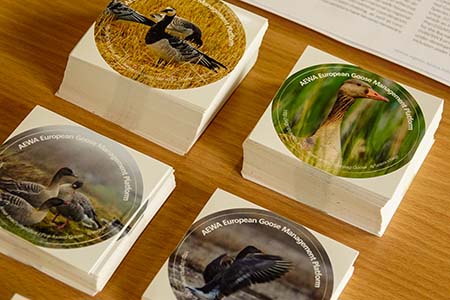 |
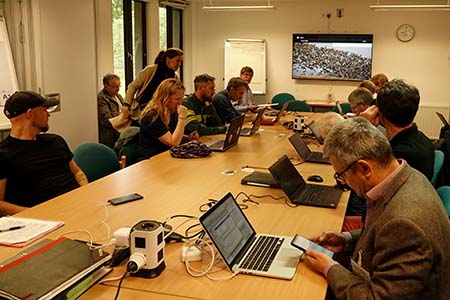 |
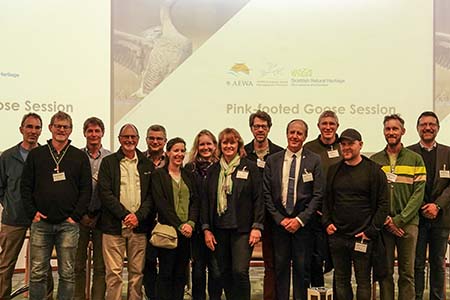 |
|
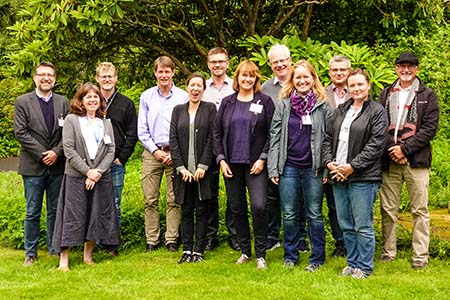 |
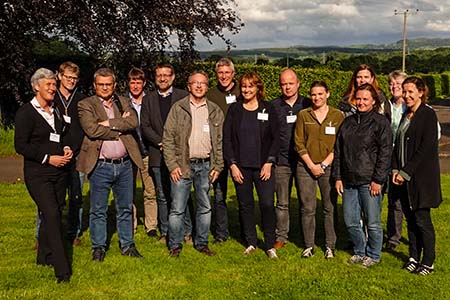 |
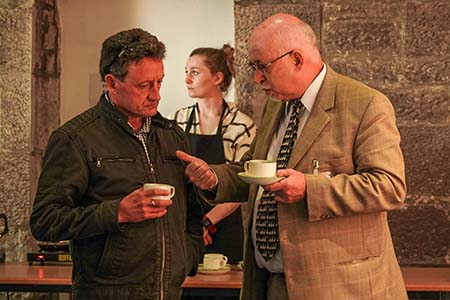 |
|
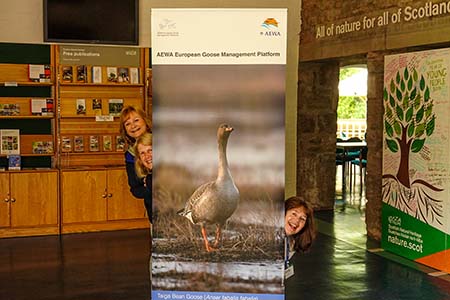 |
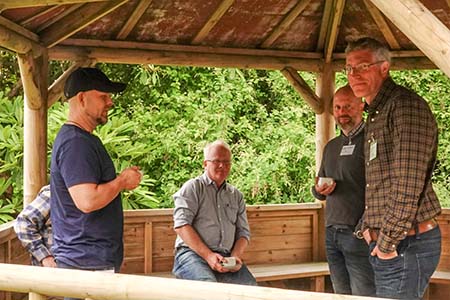 |
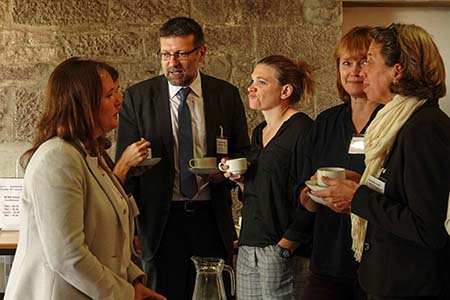 |



